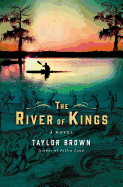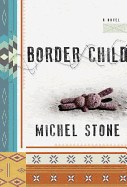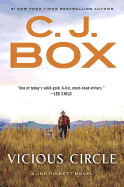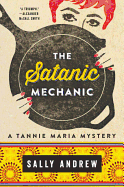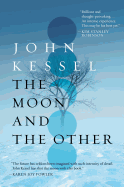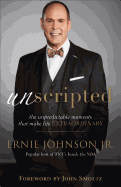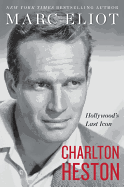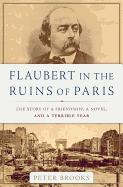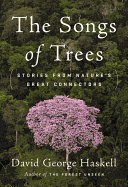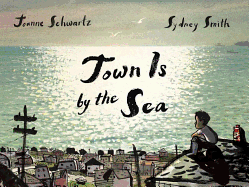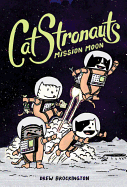FICTION
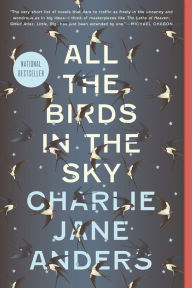 All the Birds in the Sky by Charlie Jane Anders (Tor, $15.99)
All the Birds in the Sky by Charlie Jane Anders (Tor, $15.99)
All the Birds in the Sky weaves magic and science fiction into an emotionally complex story about growing up and finding love. Patricia discovers that she has the ability to talk to animals, and Laurence takes refuge from social torment in gadgetry. Both evolve from bullied, misunderstood children into socially accepted, internally conflicted adults.
Listen to the Lambs by Daniel Black (St. Martin's Griffin, $16.99)
In Daniel Black's allegorical tale of a successful African American man who gives up all of his material possessions--and his family--in order to live fully, readers will find the striking beauty of an exceptionally talented writer. Listen to the Lambs is a literary ballet of sweeping proportions.
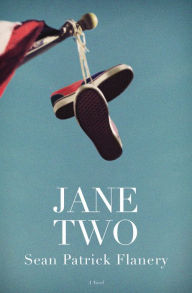 Jane Two by Sean Patrick Flanery (Center Street, 14.99)
Jane Two by Sean Patrick Flanery (Center Street, 14.99)
Actor Sean Patrick Flanery captures the essence and angst of a teenaged boy's life in his first novel, Jane Two. This authentic coming-of-age story is told by Mickey, who looks back at his formative years in Houston, Tex., when he was tucked inside the cocoon of small-town family life, tumultuous schoolyard bullies and friends, and also captivated by first love.
The Decent Proposal by Kemper Donovan (Harper Paperbacks, $15.99)
What would two people do for a million dollars? A mysterious, anonymous benefactor hires a lawyer to bring together two strangers, promising that they can split $1 million if they agree to spend at least two continuous hours with each other--engaging in substantial conversation--every week, for one year.
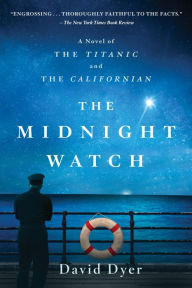 The Midnight Watch by David Dyer (St. Martin's Griffin, $15.99)
The Midnight Watch by David Dyer (St. Martin's Griffin, $15.99)
A former navy officer focuses on the actions of two crew members of a nearby ship whose decisions may have cost the lives of more than 1,500 souls who perished on the Titanic. With Dyer's skillful writing and nautical understanding, the famously tragic story resurfaces a century later, bringing a lesser-known aspect to light.
The Year of the Runaways by Sunjeev Sahota (Vintage, $16.95)
Three Indian immigrants struggle to shape their lives as they look for work in Northern England. Tochi is from the untouchable caste and is fleeing a violent past; Avtar is from a lower-middle-class family and wants to be able to provide for his parents and wife-to-be; Randeep is from an upper-middle-class household whose livelihood is threatened when Randeep's ailing father loses his job.
NONFICTION
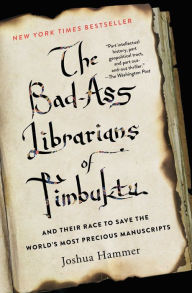 The Bad-Ass Librarians of Timbuktu by Joshua Hammer (Simon & Schuster, $16)
The Bad-Ass Librarians of Timbuktu by Joshua Hammer (Simon & Schuster, $16)
When warring militant groups take control of Timbuktu, Mali, a band of librarians stages a daring mission to rescue thousands of ancient Islamic texts. The salvage operation--as precarious and fraught with obstacles as any Hollywood heist--involved moving more than 350,000 manuscripts hundreds of miles downriver.
Why Save the Bankers by Thomas Piketty (Mariner, $15.99)
Thomas Piketty may be the most important economist of the era. Why Save the Bankers? distills his convincing arguments about inequality into easily digestible essays on modern social and political issues. It is not a work of ideology, but a series of short, sometimes very funny, calls to common sense.
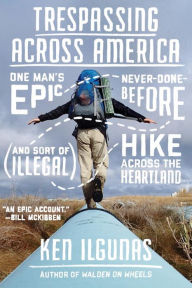 Trespassing Across America by Ken Ilgunas (Blue Rider, $16)
Trespassing Across America by Ken Ilgunas (Blue Rider, $16)
While working as a dishwasher at a camp 300 miles north of the Arctic Circle, Ken Ilgunas realized that he needed to take a new direction with his life. He decided to walk the length of the proposed Keystone XL Pipeline, a route of nearly 2,000 miles. During his hike, he gets to know the area and the people the plan would affect.
Lust & Wonder by Augusten Burroughs (St. Martin's Griffin, $15.99)
After chronicling his wildly dysfunctional childhood (Running with Scissors) and his addiction and recovery (Dry), Augusten Burroughs tackles his largely unlucky search for romance and the man of his dreams in Lust & Wonder. Burroughs's wit and pen are razor-sharp, and his observations are acerbically funny. He avoids becoming unlikable by saving his best jabs for himself.
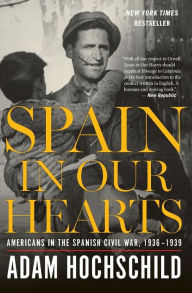 Spain in Our Hearts by Adam Hochschild (Mariner, $15.99)
Spain in Our Hearts by Adam Hochschild (Mariner, $15.99)
Adam Hochschild uses the experiences of less famous American volunteers to bring the Spanish Civil War to life, but does not reduce it to a simple story of idealism and heroism. Spain in Our Hearts is gripping, illuminating and ultimately heartbreaking.
Lost Book of Moses by Chanan Tigay (Ecco, 15.99)
The Lost Book of Moses tells the story of Tigay's attempt to locate an ancient copy of Deuteronomy. The quest is a four-continent, 15-year trail of red herrings, unexpected leads and repeated dead ends and leads him to academic archives, antiquarian booksellers, museum storerooms, a hotel attic and a surprising number of Anglican church services.
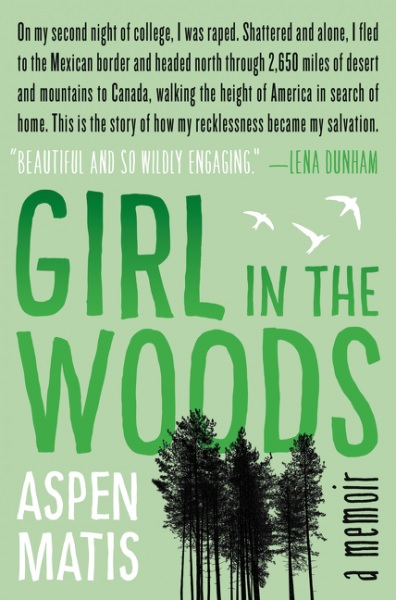 In 1995, following the death of her mother and the collapse of her first marriage, Cheryl Strayed set out to hike the Pacific Crest Trail (PCT). Some 1,100 miles later, readers were given Wild: From Lost to Found on the Pacific Crest Trail, detailing Strayed's adventures in getting lost and thereby finding herself. "It had to do with how it felt to be wild. With what it was like to walk for miles with no reason other than to bear witness.... The experience was powerful and fundamental."
In 1995, following the death of her mother and the collapse of her first marriage, Cheryl Strayed set out to hike the Pacific Crest Trail (PCT). Some 1,100 miles later, readers were given Wild: From Lost to Found on the Pacific Crest Trail, detailing Strayed's adventures in getting lost and thereby finding herself. "It had to do with how it felt to be wild. With what it was like to walk for miles with no reason other than to bear witness.... The experience was powerful and fundamental." 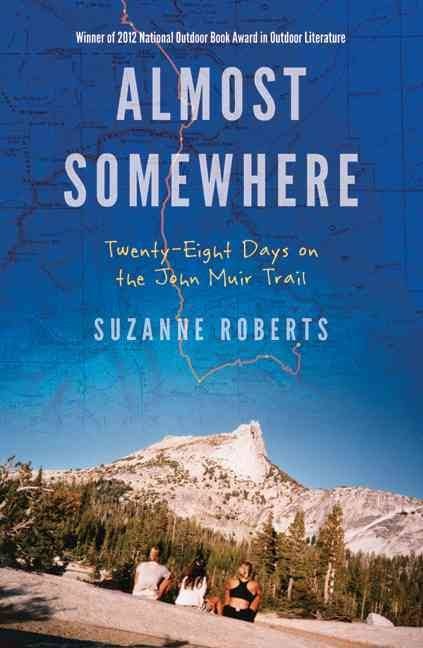 That yearning for the powerful and fundamental, the escapism and seclusion and a connection with the natural world, is not particular to Strayed. Following her rape by a fellow college student, Aspen Matis sought healing and solitude on the PCT. Girl in the Woods documents her five-month, 2,600-mile solo trek from Mexico to Canada along the trail, finding strength in her own self-reliance. In Almost Somewhere: Twenty-Eight Days on the John Muir Trail, Suzanne Roberts writes less about escaping a trauma of her past than facing the uncertainty of her future. Lacking a post-college plan, Roberts agreed to hike the trail with two other women; her book explores the relationships among those women, as well as with the male-dominated world of hiking and nature writing.
That yearning for the powerful and fundamental, the escapism and seclusion and a connection with the natural world, is not particular to Strayed. Following her rape by a fellow college student, Aspen Matis sought healing and solitude on the PCT. Girl in the Woods documents her five-month, 2,600-mile solo trek from Mexico to Canada along the trail, finding strength in her own self-reliance. In Almost Somewhere: Twenty-Eight Days on the John Muir Trail, Suzanne Roberts writes less about escaping a trauma of her past than facing the uncertainty of her future. Lacking a post-college plan, Roberts agreed to hike the trail with two other women; her book explores the relationships among those women, as well as with the male-dominated world of hiking and nature writing. 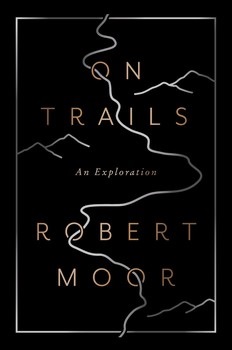 Robert Moor's On Trails: An Exploration offers a history of the concept of trails as a whole: how they came to be, how they are both shaped by and shape the landscapes in which they fall, and how they connect us to each other and to the greater world.
Robert Moor's On Trails: An Exploration offers a history of the concept of trails as a whole: how they came to be, how they are both shaped by and shape the landscapes in which they fall, and how they connect us to each other and to the greater world.



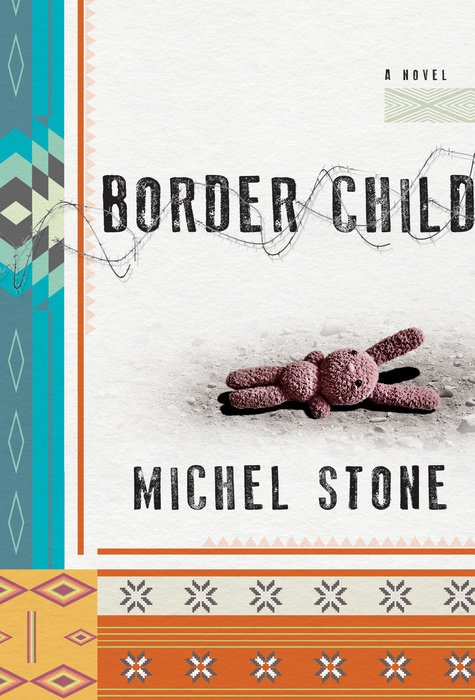 Did you intend to write a standalone novel with The Iguana Tree?
Did you intend to write a standalone novel with The Iguana Tree?

 The Midnight Watch
The Midnight Watch

 Spain in Our Hearts
Spain in Our Hearts